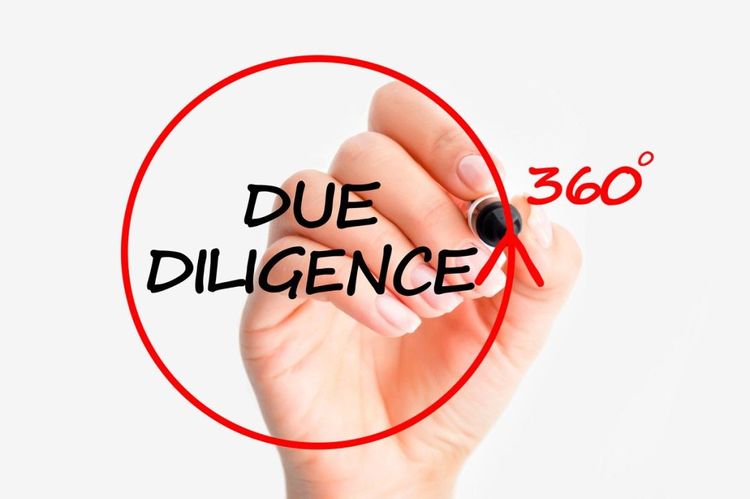When buying a property, it’s important to do your due diligence to avoid any unpleasant surprises down the road. While everyone is familiar with Title Due Diligence, there are other aspects in the Legal Due Diligence process which we have outlined below.
Title due diligence is the process of investigating a property to ensure that there are no hidden legal problems that could cause problems later on. There are a number of different things that you need to check when doing your legal due diligence, including:
a. The first step in the process is to order a title search from the local land records office. This search will reveal any outstanding claims or liens against the property.
b. Next, the lawyer or title company will review the property's title documents to ensure that they are in order and that the property is legally owned by the seller.
c. Finally, the lawyer or title company will conduct a property inspection to ensure that there are no physical encumbrances on the property, such as unpaid taxes or utility bills.
d. Once the title due diligence process is complete, the lawyer or title company will provide a report to the buyer outlining any risks or concerns. It is then up to the buyer to decide whether to proceed with the purchase.
Planning Permission – If the property you are buying is not already built, then you will need to check that the seller has planning permission to build it. You can do this by contacting the local planning authority. For a typical large scale group housing project in Bangalore, the following major approvals are required: Development plan approval, Building plan approval, Fire Department, BWSSB ( Water & Sewage), BESCOM ( Power), Airport NOC ( Height), KSPCB ( Local Pollution Control board), MoEF ( Ministry of Environment and Forestry), RERA approval Etc.
Building Regulations – If the property you are buying is already built, then you need to check that it meets all the relevant building regulations. You can do this by contacting the local planning authority. You will typically need to check mainly for NOC from the Fire Department and for the Occupation Certificate issued by the Development Authority besides other approvals from the relevant authorities.
Leases – If the property you are buying is leasehold, then you need to check the terms of the lease. Make sure that you are clear on the length of the lease and the commercial terms. Also look out for any onerous clauses which could affect your Rights and commercials returns from the property.
Mortgages – If the property is mortgaged, then you need to check that the mortgage will be paid off when you buy the property. You can do this by ensuring the Seller provides you with a NOC from the lender at the time of property transfer / payment.
Tax – Make sure that you are up to date with your property tax payments. You can do this by asking for the latest property tax paid receipts or head to the local Municipal office and verify it with the records there.
If you are buying a property, it’s important to do your legal due diligence to avoid any legal issues down the road. By checking things like the title deeds, planning permission, building regulations and leases, you can be sure that the property you are buying is safe and legal.







